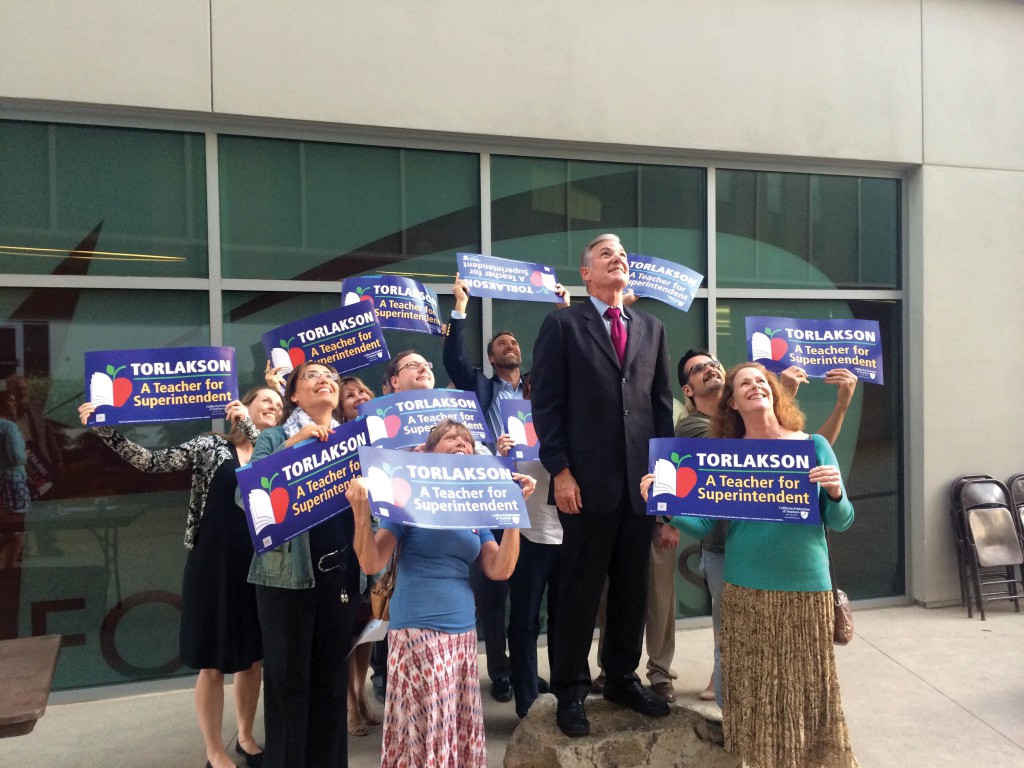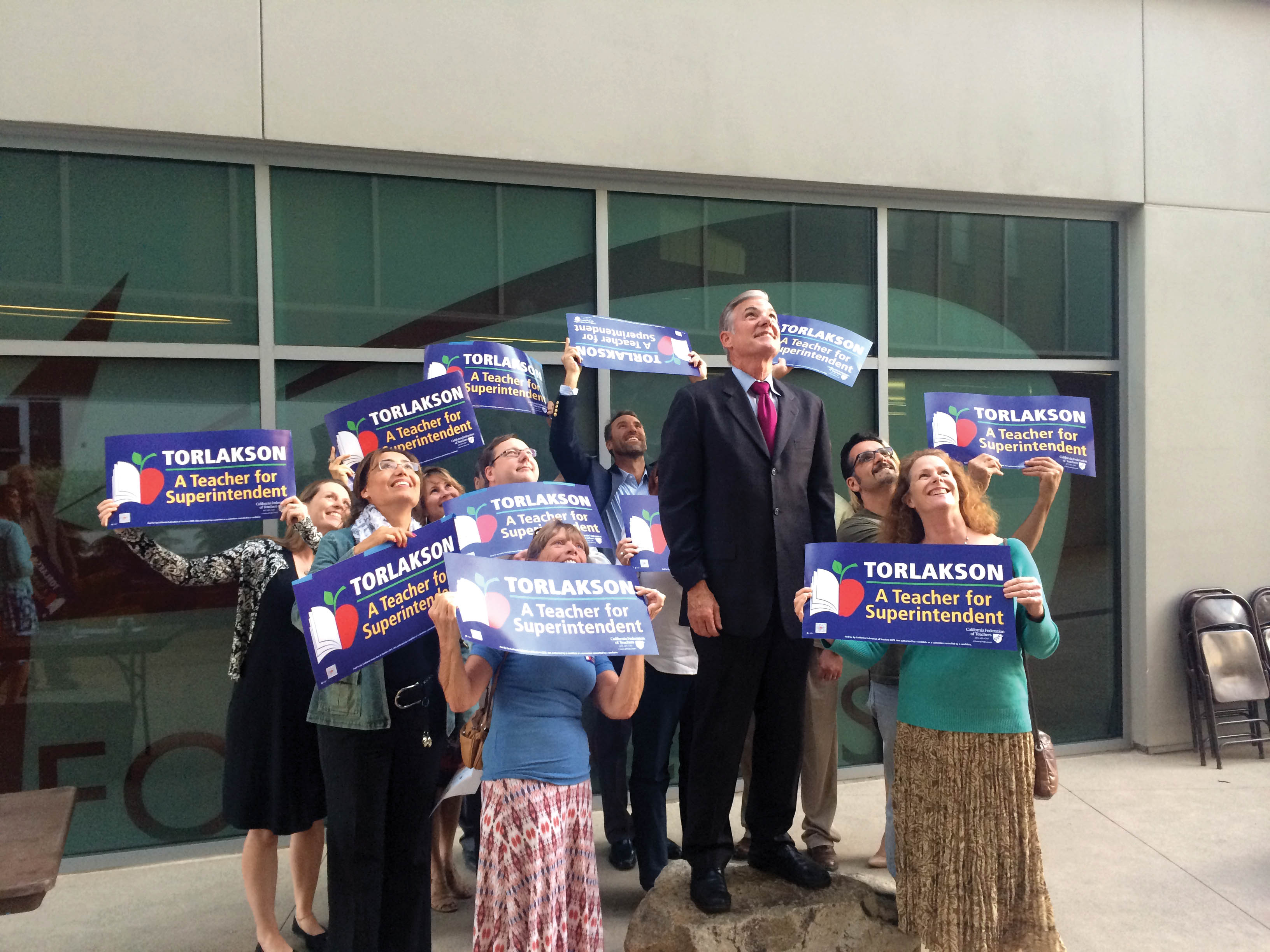
Polls conducted by media and research groups show that adults under 30 make up the largest group of non-voters in the country.
This could raise some serious problems for future generations, as it suggests a widening gap between the People and their governing powers. And the Constitution, by design, depends entirely on the participation of concerned citizens.
It’s estimated that less than 25 percent of young adults will vote in the upcoming mid-term elections and that their reasons for not voting range anywhere from general disinterest to lack of transportation.
There may be countless ways to look at this problem, but it’s hard to miss the glaring point that young Americans are seemingly much less patriotic.
The first place we should look to address this problem is the public school system, which has all but deserted the educational principles of an earlier, more charismatic and more patriotic America.
Since the 1980s, schools seem to have shifted away from teaching about America’s significance from a virtuous standpoint. They offer little about the triumphant founding of this nation and all the good that flows from it; placing the spotlight, instead, on a selection of controversial incidents and partisan arguments that seem to resonate poorly with young, idealistic students.
Public schools could have a tremendous impact on voting turnouts if they endorsed the idea that America, albeit imperfect, is the true light of the modern world, and that it’s not only our privilege—but our duty—to elect the best representation possible.
America was, after all, the first nation to give the power of government to its people, the first to abolish slavery, the first to declare “all men are created equal” and the first to endow its children with unalienable rights, like the rights to free speech, pursue happiness and to secure better leadership by means of election.
Young Americans are a powerful, ideological and well-intentioned group. Furthermore it’s no coincidence that some of the most prominent movements of our time are largely comprised of these younger individuals.
Occupy Wall Street, the LGBT movement and the recent minimum wage demonstrations are all examples of this generation’s interest in social, economical and political concerns. However, when it comes to elections, especially in the mid-terms, many of these would-be warriors just aren’t making it to the voting stations.
If educators did more to impress students with a sense of pride, power and duty, if they’d only provide logical lessons about democracy and the benefits of participation and if they’d stop leaving students to get news and political insight from entertainment sources like Jon Stewart and South Park, perhaps the younger generations would realize their own power in shaping society and decide to get more involved.
It would certainly do more good than public rants and protests, which only seem to generate useless media attention and cause further alienation.
Mid-term elections are the perfect opportunity to check and balance the current administration, to further shape and tune important policies, and to communicate with politicians the issues that matter most to the people. But until the younger generations acknowledge this, they’ll just wallow in political indifference and frustration.
We should make sure younger citizens are kept within the circle of awareness, are well-informed politically and historically, and are able to achieve the highest level of wisdom, which will someday serve as lantern, sword and shield as they venture ahead into the shadowy waters of global uncertainty.
We should ask ourselves the question asked by Ronald Reagan, the president of a remarkably different America, as he bid farewell to the nation in 1989:
“An informed patriotism is what we want. And are we doing a good enough job teaching our children what America is and what she represents in the long history of the world?”
Image Sources
- Torlakson_RGBonline: Brian O’Malley/The Telescope | All Rights Reserved

